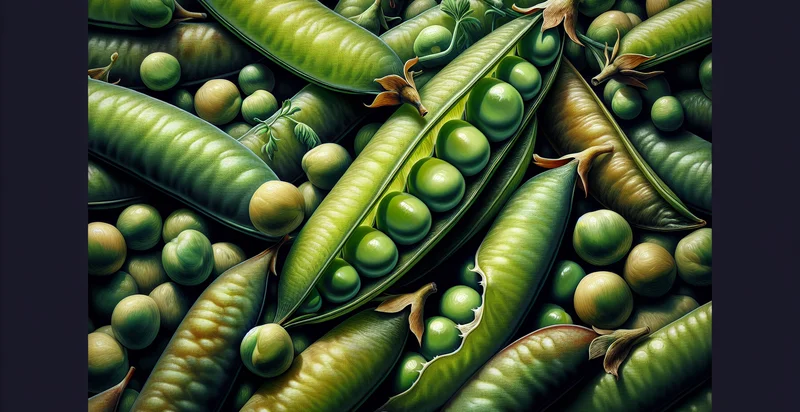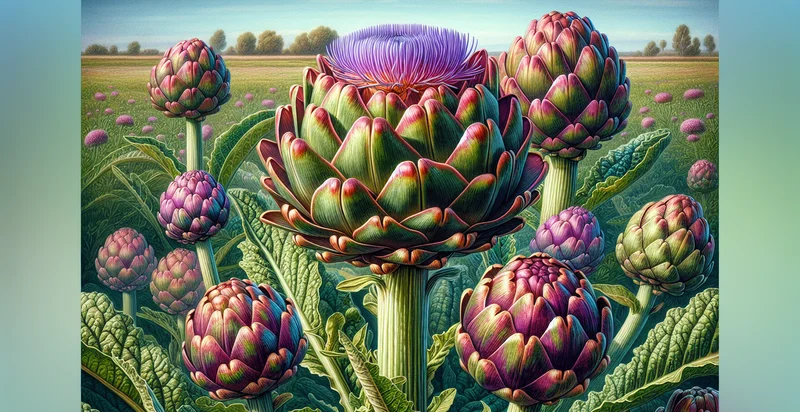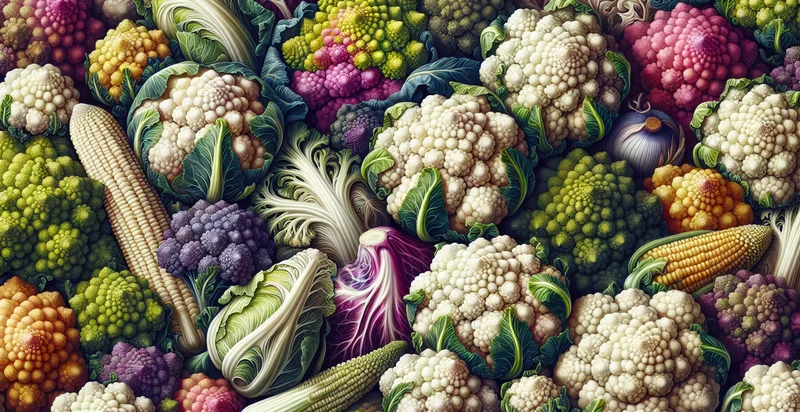Identify pea species
using AI
Below is a free classifier to identify pea species. Just upload your image, and our AI will predict what species of pea it is - in just seconds.

Contact us for API access
Or, use Nyckel to build highly-accurate custom classifiers in just minutes. No PhD required.
Get started
import nyckel
credentials = nyckel.Credentials("YOUR_CLIENT_ID", "YOUR_CLIENT_SECRET")
nyckel.invoke("pea-species", "your_image_url", credentials)
fetch('https://www.nyckel.com/v1/functions/pea-species/invoke', {
method: 'POST',
headers: {
'Authorization': 'Bearer ' + 'YOUR_BEARER_TOKEN',
'Content-Type': 'application/json',
},
body: JSON.stringify(
{"data": "your_image_url"}
)
})
.then(response => response.json())
.then(data => console.log(data));
curl -X POST \
-H "Content-Type: application/json" \
-H "Authorization: Bearer YOUR_BEARER_TOKEN" \
-d '{"data": "your_image_url"}' \
https://www.nyckel.com/v1/functions/pea-species/invoke
How this classifier works
To start, upload your image. Our AI tool will then predict what species of pea it is.
This pretrained image model uses a Nyckel-created dataset and has 20 labels, including Black-Eyed Pea, Chinese Pea, Dried Pea, Dwarf Pea, Early Maturing Pea, English Pea, Field Pea, Garden Pea, Green Pea and Little Marvel Pea.
We'll also show a confidence score (the higher the number, the more confident the AI model is around what species of pea it is).
Whether you're just curious or building pea species detection into your application, we hope our classifier proves helpful.
Related Classifiers
Need to identify pea species at scale?
Get API or Zapier access to this classifier for free. It's perfect for:
- Agricultural Research: The pea species identifier can aid agricultural researchers in classifying various pea species during experiments. By automating species recognition, researchers can save time and resources, enabling them to focus on critical data analysis rather than manual identification.
- Biodiversity Monitoring: Conservation organizations can use this function to monitor and document pea species in different ecosystems. By gathering accurate species data, they can assess biodiversity health and implement conservation strategies effectively.
- Seed Quality Control: Seed manufacturers can integrate the pea species identifier in their quality control process to ensure the correct species is being processed. This reduces the risk of contamination and assures customers of the seed quality.
- Educational Tools: The classifier can be employed in educational software to teach botany students about different pea species. Interactive identification features can enhance learning experiences in both classroom and field settings.
- Gourmet Food Certification: Restaurants and food producers can utilize the identifier for certifying the authenticity of specialty pea varieties used in gourmet dishes. This authenticity verification can strengthen brand reputation and justify premium pricing.
- Home Gardening Consultation: Gardening apps can incorporate the pea species identifier to assist hobbyist gardeners in choosing the right pea varieties for their soil and climate conditions. This personalized advice can improve crop success rates and user satisfaction.
- Genetic Research Support: Geneticists studying genetic variation in peas can leverage the species identifier to categorize and analyze different pea varieties efficiently. This will facilitate more in-depth studies on plant genetics and improve breeding programs.


